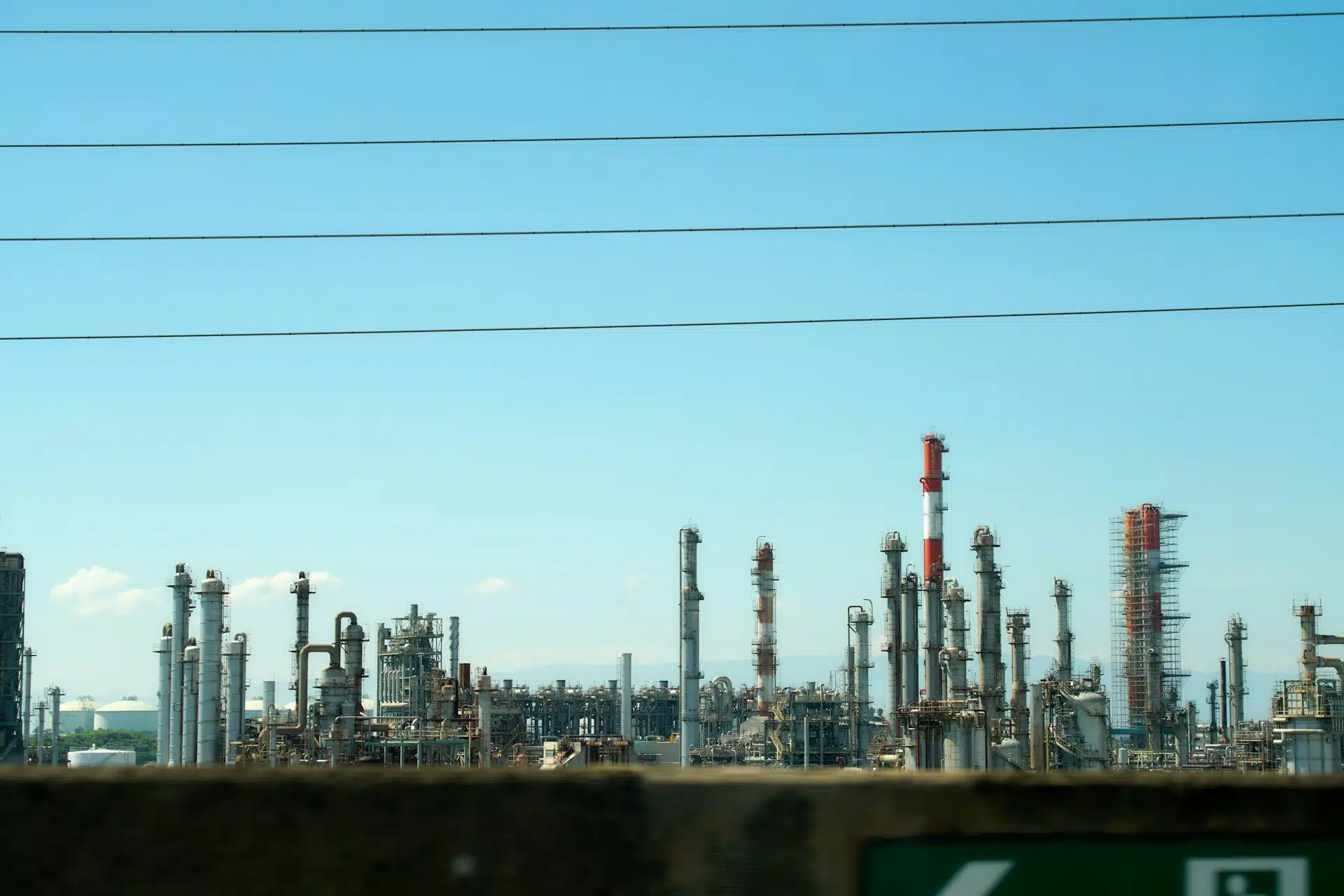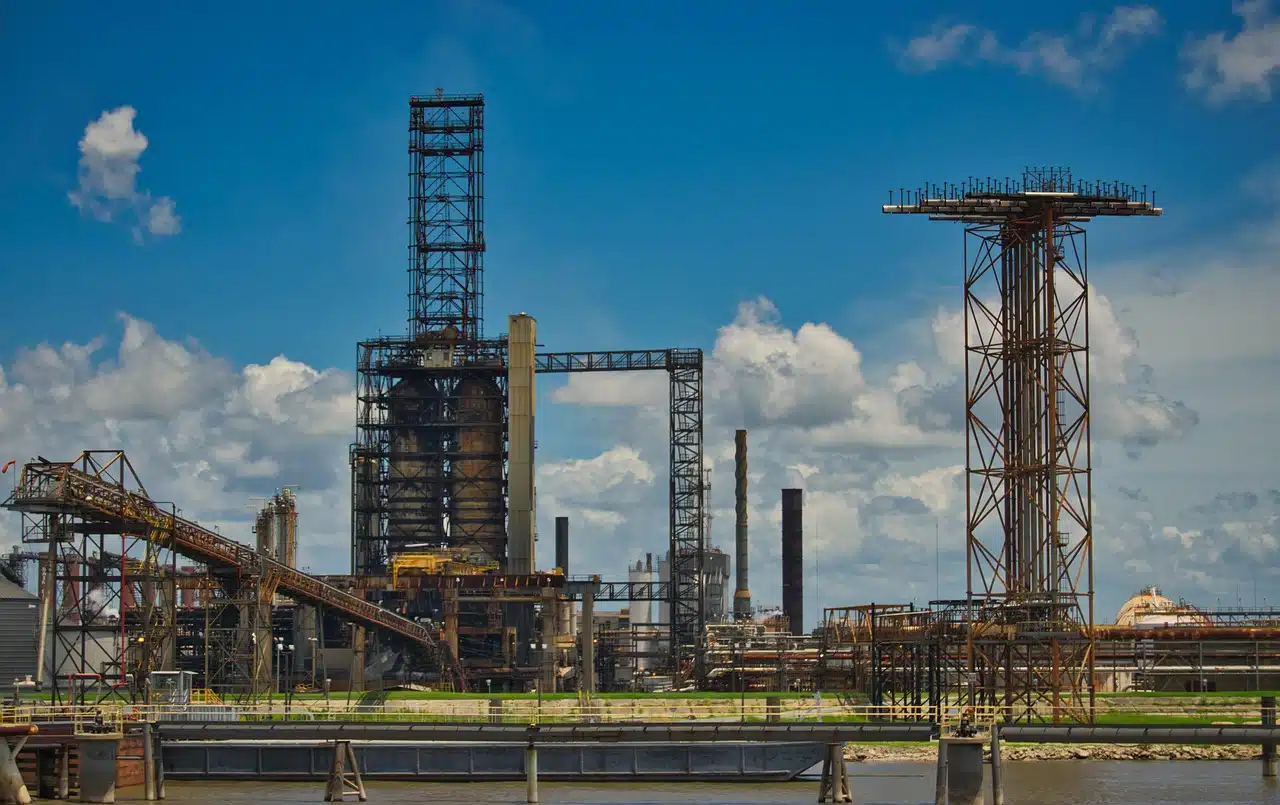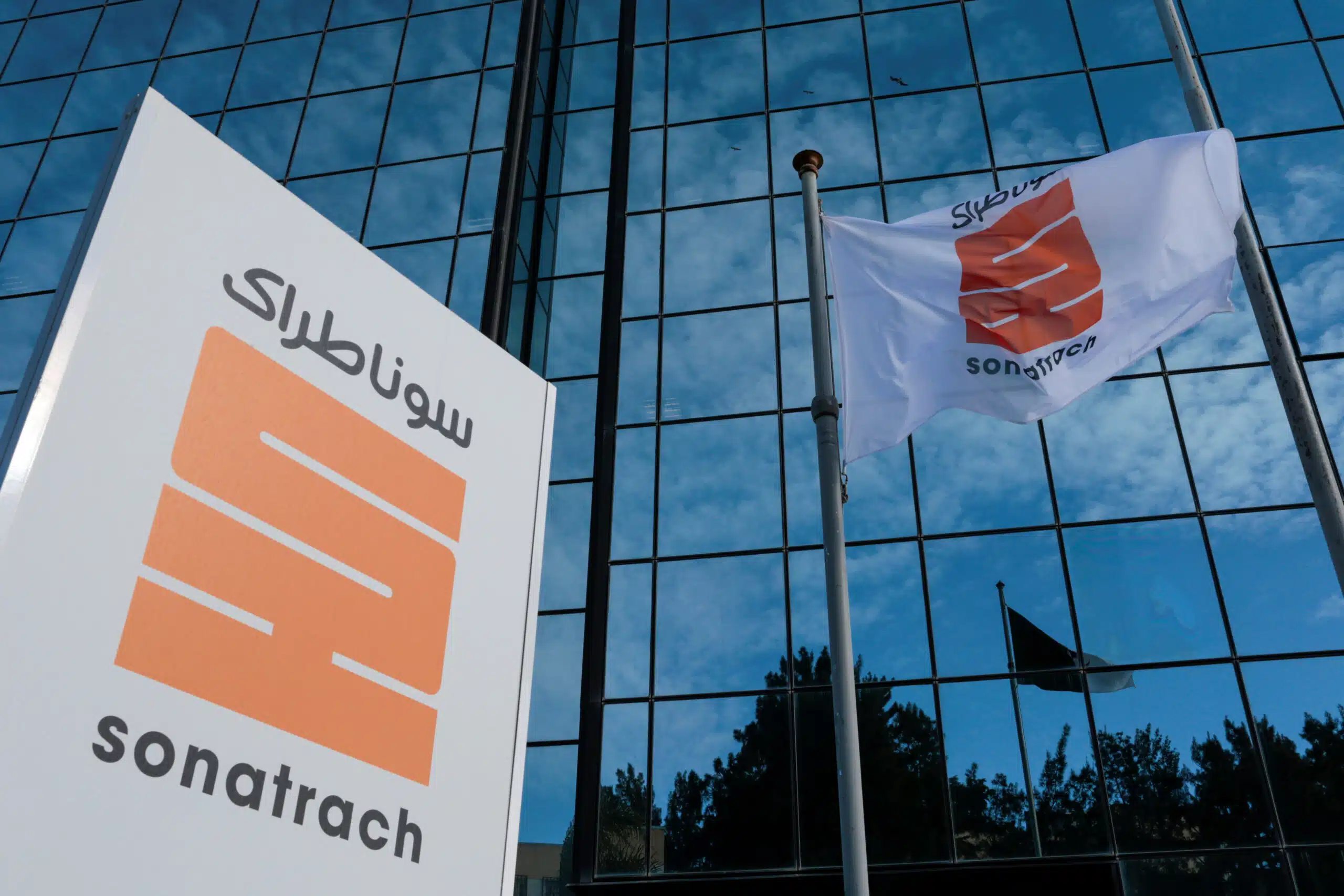Nigeria is on track to lead Africa in natural gas production growth through 2030, with several major liquefied natural gas (LNG) projects scheduled to come online, according to new projections from Rystad Energy.
The energy research firm attributes this anticipated growth to Nigeria’s aggressive but strategic gas expansion policies and robust infrastructure investments.
Rystad Energy reports that Africa accounts for roughly 20%—or 93 million tonnes per annum (Mtpa)—of the world’s total planned LNG capacity of 477 Mtpa, with Nigeria expected to make a significant contribution.
West Africa alone produced over half of Sub-Saharan Africa’s LNG in 2023 and is targeting a 50% increase by 2030.
At the core of this growth is Nigeria, which accounts for nearly two-thirds of West Africa’s LNG output and more than one-third of Africa’s total—cementing its importance in the global LNG market.
Currently in its “Decade of Gas,” Nigeria views natural gas as a key driver of industrialization and energy transition.
Over recent years, the country has launched key reforms aimed at boosting domestic supply, curbing gas flaring, and increasing LNG export capacity.
One of the turning points for Nigeria’s gas sector is the implementation of the Petroleum Industry Act (PIA) in 2021.
The Act has introduced far-reaching regulatory reforms and made gas capture and utilization a legal mandate.
Also, President Bola Tinubu has issued several executive orders to streamline regulatory approvals, lower operational costs, and enhance fiscal incentives in the oil and gas sector.
These reforms have driven a surge in foreign direct investment (FDI), with Nigeria attracting an estimated $16 billion to $17 billion into its oil and gas industry in 2024 alone.
Several high-impact liquefaction projects are currently under development, including:
– Nigeria LNG train 7: A $6.5 billion expansion that will increase LNG production capacity by 35%, from 22 Mtpa to 30 Mtpa.
– Ajaokuta–Kaduna–Kano (AKK) gas pipeline: A critical pipeline linking southern gas fields to northern Nigeria to boost domestic gas supply.
– Ubeta gas project: A $550 million facility being developed by TotalEnergies and NNPC to process 350 million standard cubic feet of gas per day.
– Floating LNG (FLNG) projects: Offshore LNG units planned by NNPC, set to process 2.8 Mtpa of flared gas from the Niger Delta by 2029.
– Nigeria–Morocco gas pipeline: A $13 billion project expected to deliver 3 billion cubic meters (bcm) of gas per day to European markets.
Domestic gas push in transport
Beyond large-scale export projects, Nigeria is also promoting compressed natural gas (CNG) as a cleaner and more affordable fuel alternative to petrol.
Through the Presidential CNG Initiative, the government aims to convert one million vehicles to CNG by 2027.
This strategy is expected to cut transportation costs, reduce emissions, and boost domestic gas utilization.
Strategic global positioning amidst LNG market shifts
As global energy dynamics shift, Nigeria stands to benefit from emerging supply gaps.
A trade dispute between China and the United States—currently the world’s top gas producer—has significantly disrupted LNG flows.
China slashed its U.S. LNG imports to just 6% in 2023, down from 11% in 2021, creating a window of opportunity for Nigeria to step in as a key supplier.
Nigeria’s strategic geographic location offers shorter shipping times to Asian and European buyers compared to U.S. exporters.
This makes it a competitive alternative despite its smaller export volumes compared to LNG giants like the U.S., Australia, and Qatar.
In 2017, Nigeria ranked as the world’s fourth-largest LNG exporter, contributing 7% of global supply.
In 2023, about 50% of Nigeria’s LNG exports went to Asia, while around one-third were shipped to Europe.
Security and operational setbacks
Despite the strong potential, security challenges and infrastructure issues have hampered Nigeria’s gas production in recent years.
Downtime on major LNG trains has pushed the country’s liquefaction rates down from 90% in 2018 to just 60% in 2024.
However, Rystad Energy remains optimistic.
The firm projects that with ongoing investment and reforms, Nigeria’s LNG exports will rebound and place the country back among the top five global exporters in the near future.











